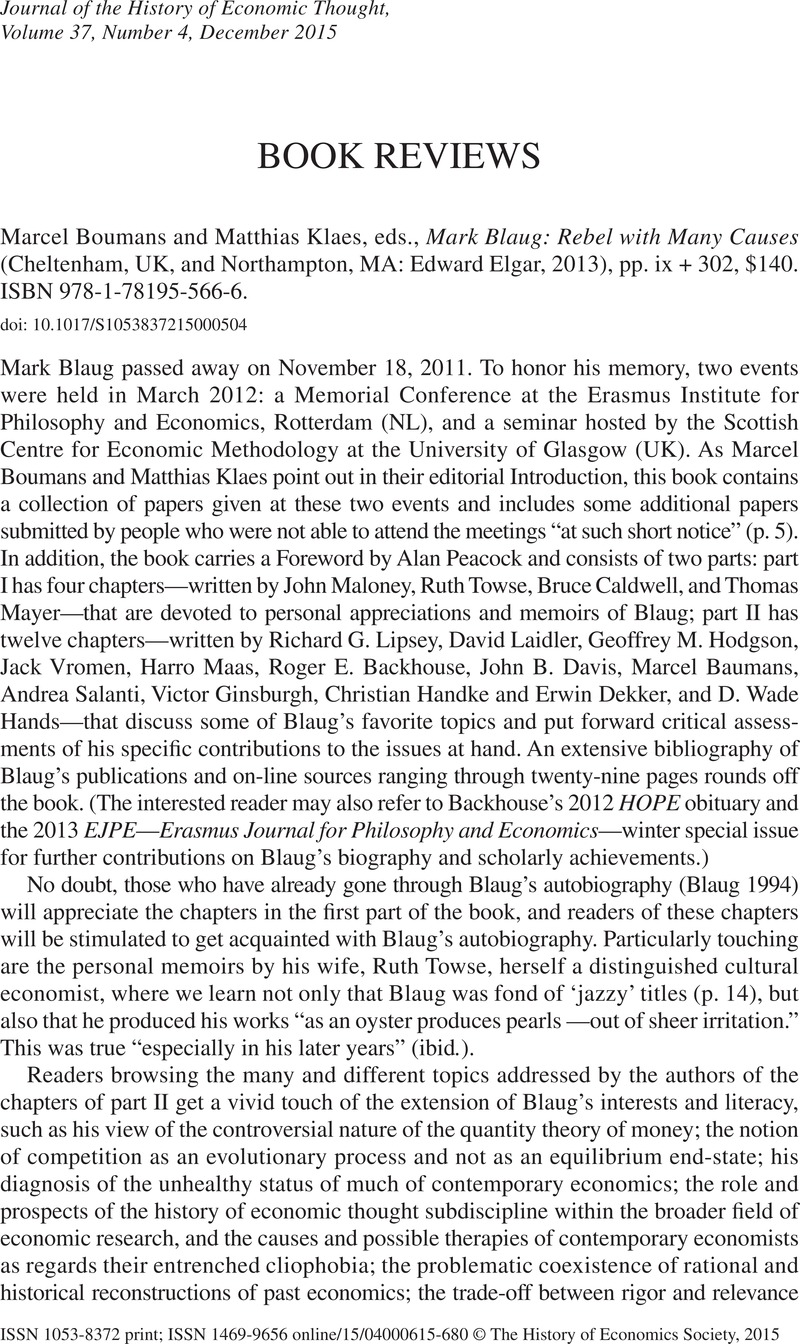Crossref Citations
This article has been cited by the following publications. This list is generated based on data provided by Crossref.
Salvadori, Neri
and
Signorino, Rodolfo
2022.
Pasinetti and the Classical Keynesians.
p.
30.





